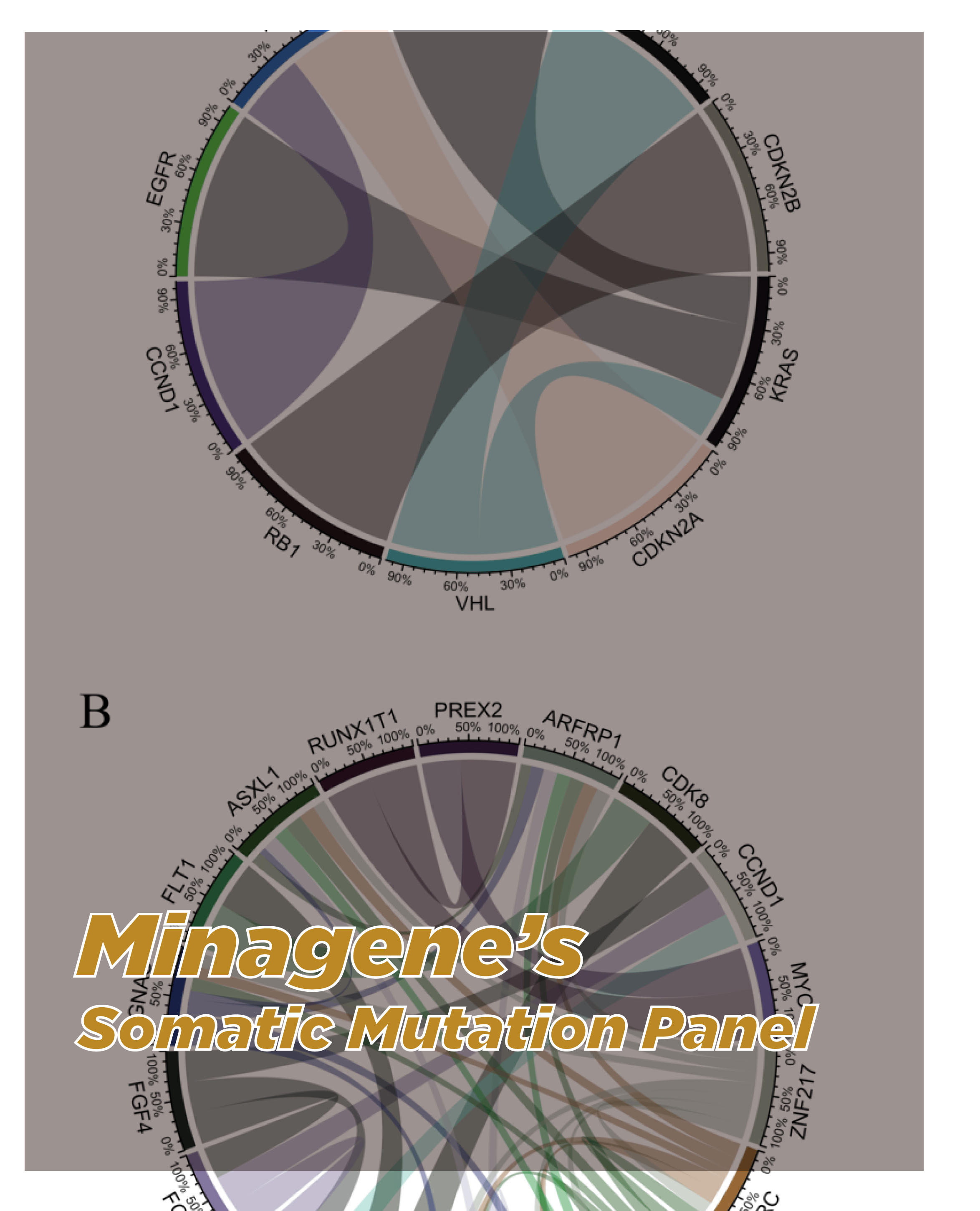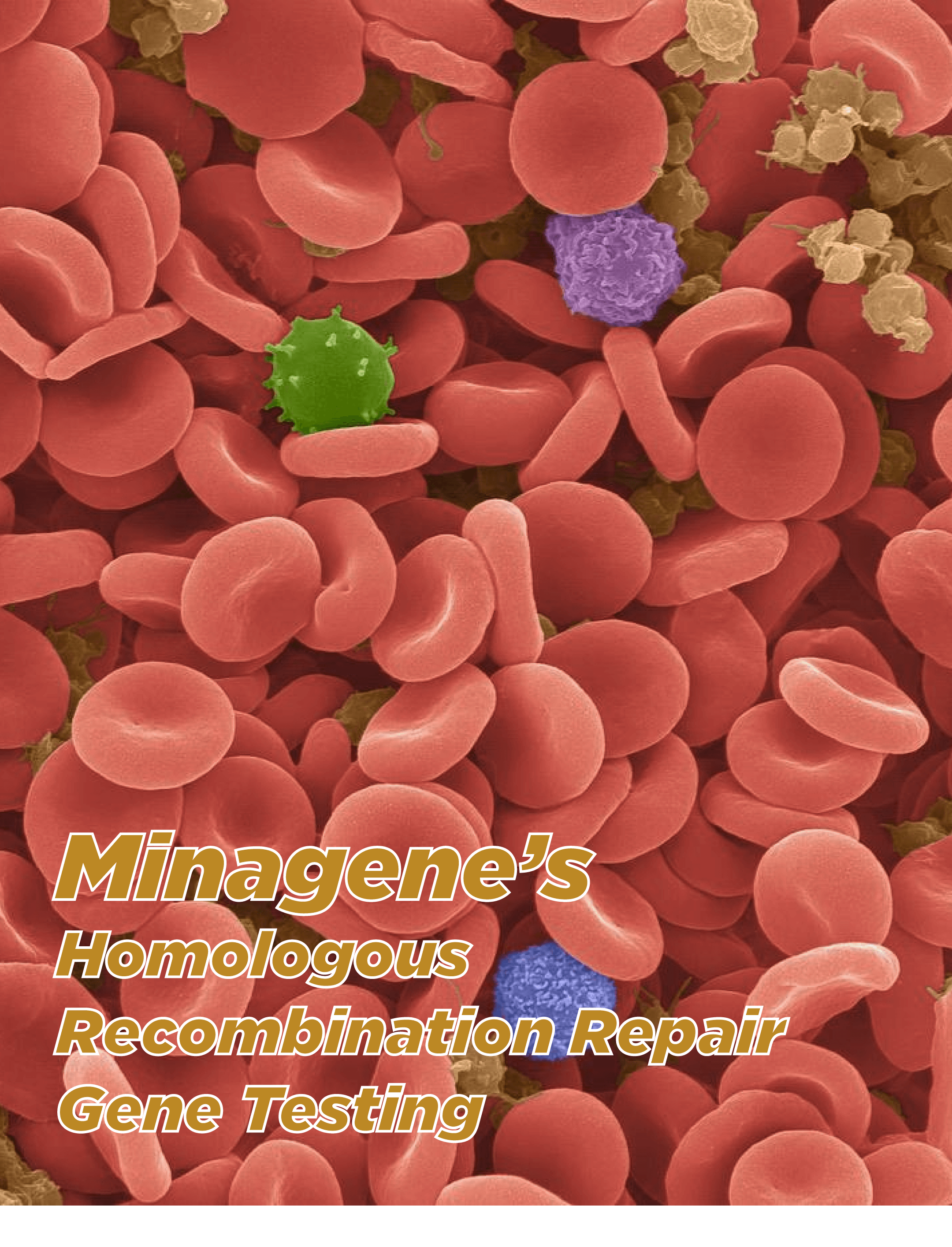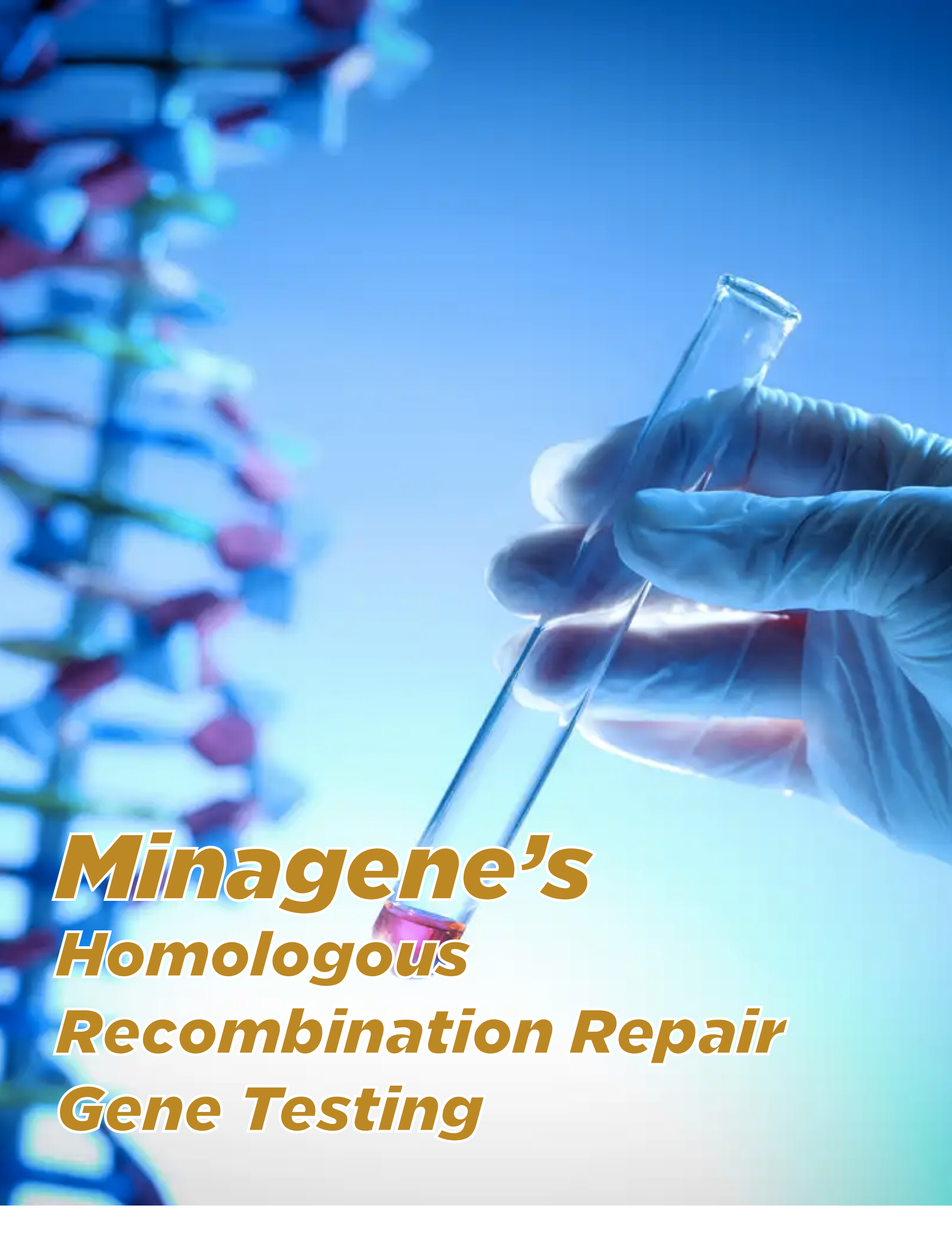
Overview
Minagene's Comprehensive Leukemia Panel is a specialized genetic test designed to provide a comprehensive assessment of genetic alterations associated with various types of leukemia. This advanced panel employs next-generation sequencing (NGS) technology to analyze a wide range of genes known to be involved in leukemia development and progression. By unraveling the genetic landscape of leukemia, this panel aids in precise diagnosis, risk stratification, and personalized treatment selection for improved patient outcomes.
Methodology
The Comprehensive Leukemia Panel utilizes NGS technology to analyze DNA or RNA extracted from leukemia samples. The panel covers a broad spectrum of genes associated with different leukemia subtypes, including acute myeloid leukemia (AML), acute lymphoblastic leukemia (ALL), chronic lymphocytic leukemia (CLL), and others. The analysis detects various types of mutations, including single nucleotide variants (SNVs), insertions/deletions (indels), gene fusions, and copy number variations (CNVs), providing a comprehensive genetic profile of the leukemia.
Key Highlights of the Test:
-Comprehensive Genetic Evaluation: The Comprehensive Leukemia Panel performs a comprehensive evaluation of genes associated with different types of leukemia. By analyzing a wide range of genetic alterations, including driver mutations and recurrent gene fusions, the panel provides a detailed genetic profile, aiding in accurate diagnosis and risk stratification.
-Precise Diagnosis and Subtyping: The panel helps in precise diagnosis and subtyping of leukemia by identifying specific genetic alterations associated with different subtypes. This information is valuable for guiding treatment decisions and selecting subtype-specific therapeutic approaches.
-Risk Stratification: The identification of specific genetic alterations through the panel enables risk stratification, which helps predict disease aggressiveness and patient prognosis. By assessing the presence of high-risk genetic markers, clinicians can tailor treatment strategies, including the intensity and duration of therapy, to optimize patient outcomes.
-Personalized Treatment Selection: The Comprehensive Leukemia Panel facilitates personalized treatment selection by identifying actionable genetic alterations that can guide targeted therapies. The panel’s findings can assist in the selection of appropriate targeted agents or clinical trials, improving treatment response and long-term outcomes.
-Monitoring Treatment Response and Minimal Residual Disease: Serial analysis using the panel allows for monitoring treatment response and detecting minimal residual disease. By tracking changes in the genetic profile over time, clinicians can assess treatment efficacy, identify emerging resistance mechanisms, and guide treatment modifications for optimal disease control.
-Leukemia Diagnosis: The Comprehensive Leukemia Panel is recommended for patients with suspected or newly diagnosed leukemia. The panel aids in precise diagnosis, subtyping, and risk stratification, providing critical information for treatment planning.
-Treatment Decision-Making: The test is valuable for treatment decision-making by identifying actionable genetic alterations that guide targeted therapy selection. It helps identify patients who may benefit from specific targeted agents, immunotherapies, or clinical trials based on their genetic profile.
-Risk Stratification: The panel assists in risk stratification, enabling clinicians to identify patients at higher risk of disease progression or relapse. This information helps determine the appropriate treatment intensity, including the need for more aggressive therapy or stem cell transplantation.
-Treatment Response Monitoring: Serial testing using the Comprehensive Leukemia Panel enables the monitoring of treatment response and the detection of emerging resistance mechanisms. This information guides treatment adjustments and ensures optimal disease control.
-Minimal Residual Disease Monitoring: The panel can be utilized to monitor minimal residual disease status in patients who have achieved remission. Detecting residual genetic alterations helps assess treatment response and guides decisions regarding treatment duration and the need for additional interventions


















